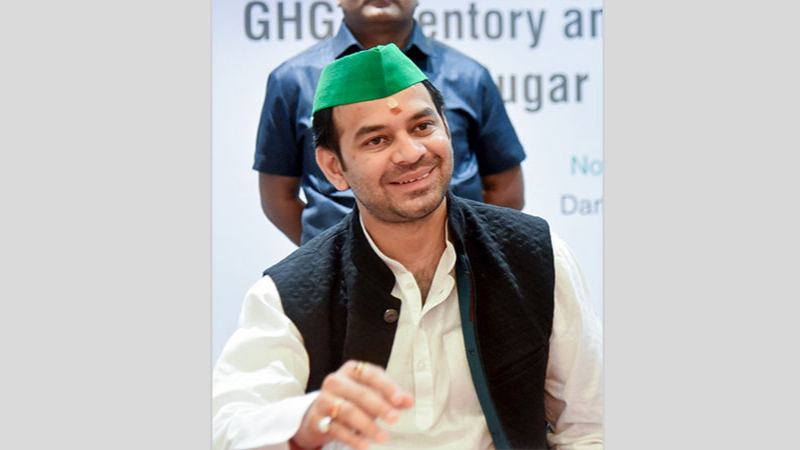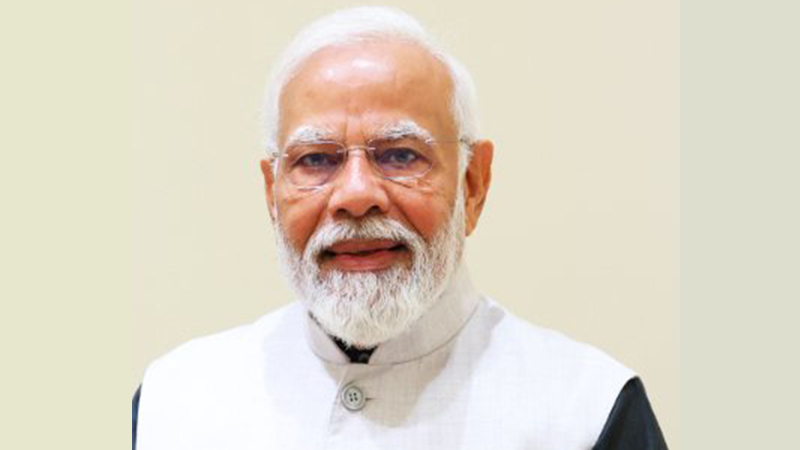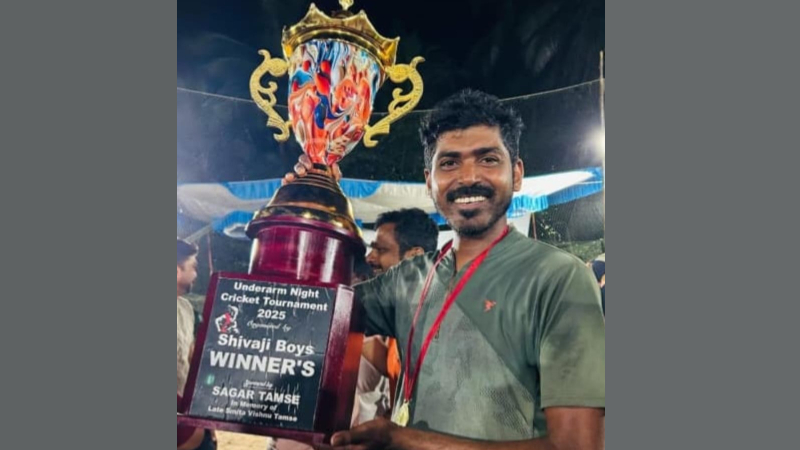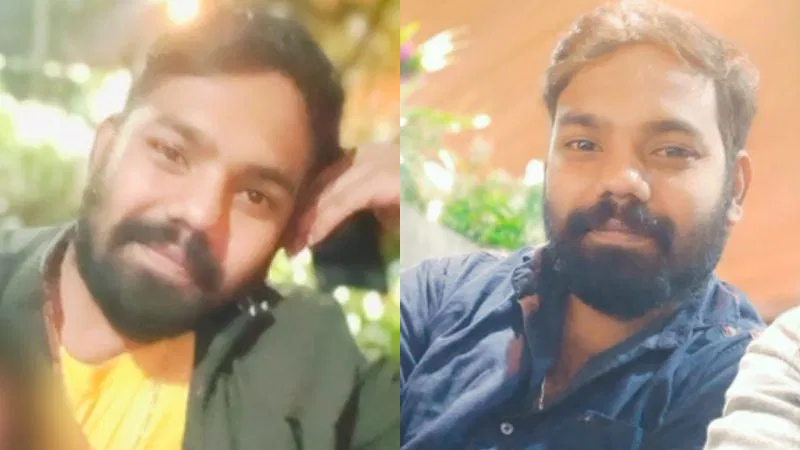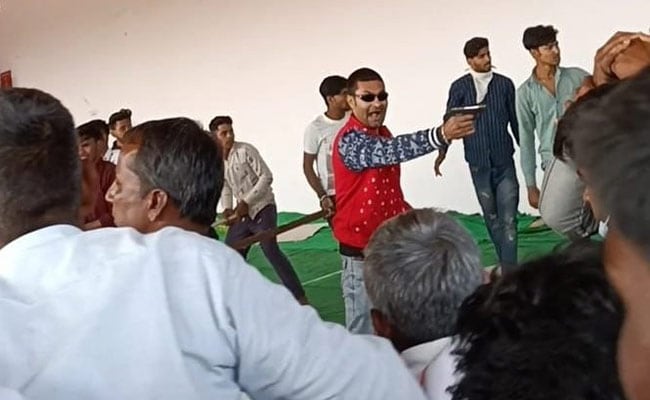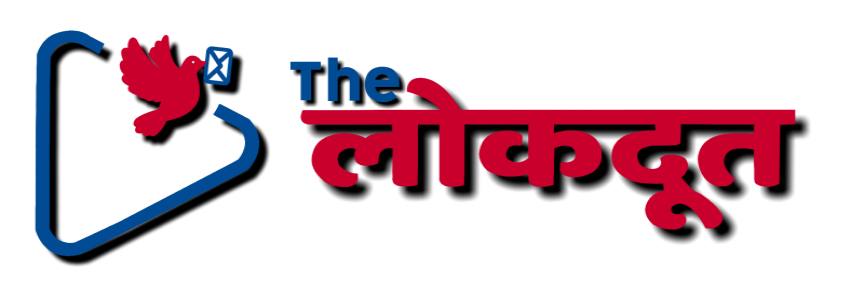With Opioid assisted treatment, Punjab will confront its drug problem
The Congress government will launch a 100-day Big Bang programme in the state to look into the problem of drugs.
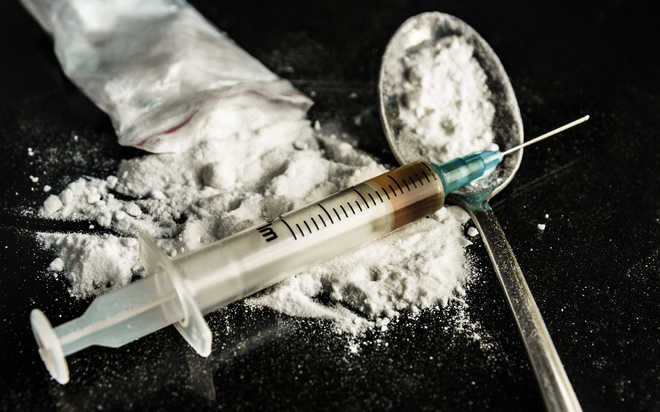
The Punjab government has been facing a lot of criticism from the opposition for not giving priority to the risk or threat of drugs. On August 27, Suresh Kumar, who is the chief principal secretary to chief minister Amarinder Singh, chaired the high-level meeting of Punjab’s anti-drug campaign. In the meeting, it was decided to check the problem of drugs; they launched a 100-day Big Bang program. Also, increase the outreach of Outpatient Opioid Assisted Treatment (OOAT) in rural areas by opening centres and clinics.
Outpatient Opioid Assisted Treatment (OOAT):
The move to set up (OOAT) began in October 2017. The centres provide de-addiction medicine to the people registering there. The treatment is essential for addicts of opioid drugs, which include heroin, poppy husk, and opium. Amarinder Singh, the chief minister of Punjab, formed a Special Task Force (STF) to deal with the problem of drugs. It is noticed that currently there are 202 OOAT centres which are run by the government, including 11 which are in jails, where medicine is free of cost, and 54 government and 224 private de-addiction & rehabilitation centers. In all of these centres, over 7 lakh patients are recorded. Also, a pill containing 2 mg of buprenorphine and 0.5 mg of naloxone costs between Rs 25 to 35 depending on the brand in private centers, as per the consultant counselor and advisor to Punjab's anti-drug STF, Dr. Rana Ranbir Singh.
Harpreet Singh Sidhu, who is the STF chief-cum-Additional Director General of Police, said "with the opening of OOAT linked extension centres and clinics in rural areas, patients easily get medicine nearer their place of residence and it also reduces pressure on OOAT centres that cater to patients far off places."
The three stages or categories at OOAT centers are:
At the OOAT centres, patients are broadly put into three stages or categories: the induction phase, stabilisation phase, and maintenance phase. In the induction phase, in the presence of a doctor or counselor, newly diagnosed patients are provided medicine for a week to two to manage the withdrawal symptoms. The patient is put on watch for two to four months in stabilization, which is the second phase at OOAT centers, and in the last phase, which is maintenance, the patient is given take-home medicine and it continues for a year and a half.
According to Dr. Rana, there are two approaches to weaning opioid-dependent patients. One is the abstinence approach and another is the alternate medication approach. There are more chances of relapse in abstinence approach and the second approach, which is the alternate medication approach, is better in various scientific studies worldwide, and ADGP Sidhu said that among all the therapies, "the winner is medication."
